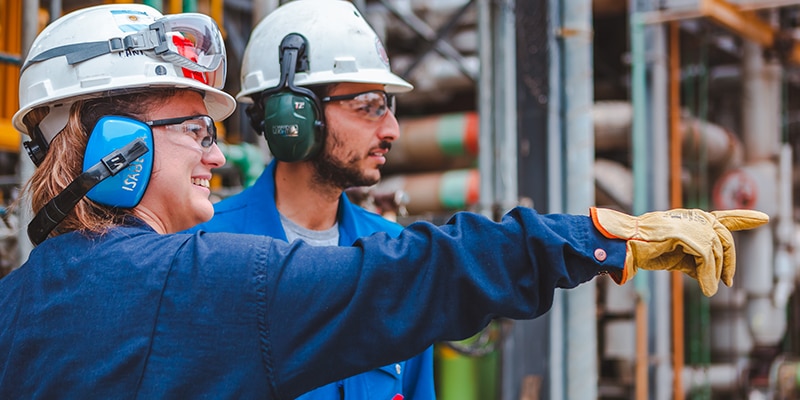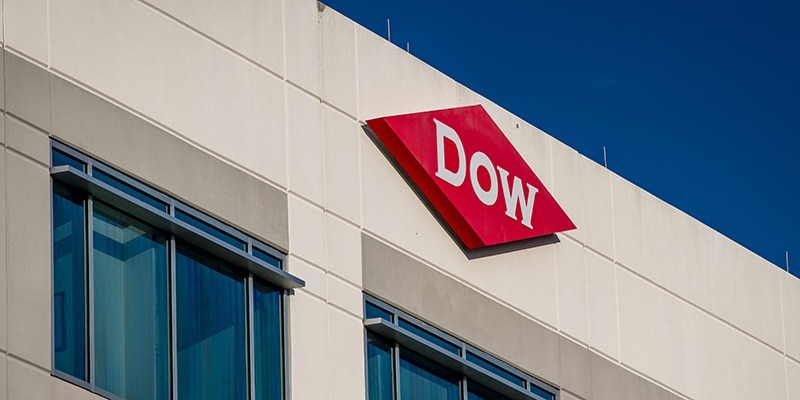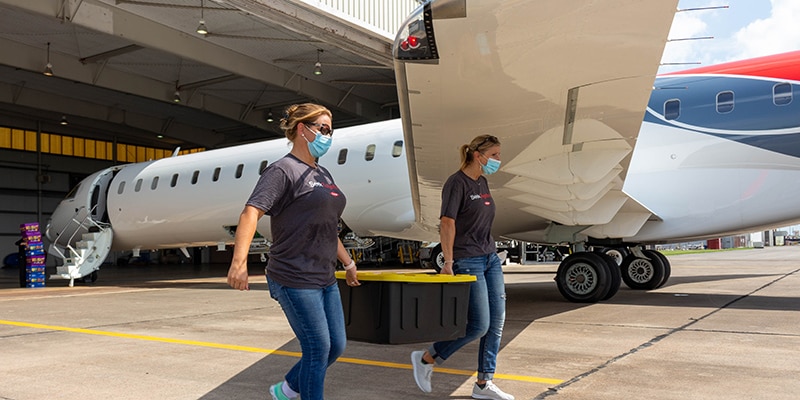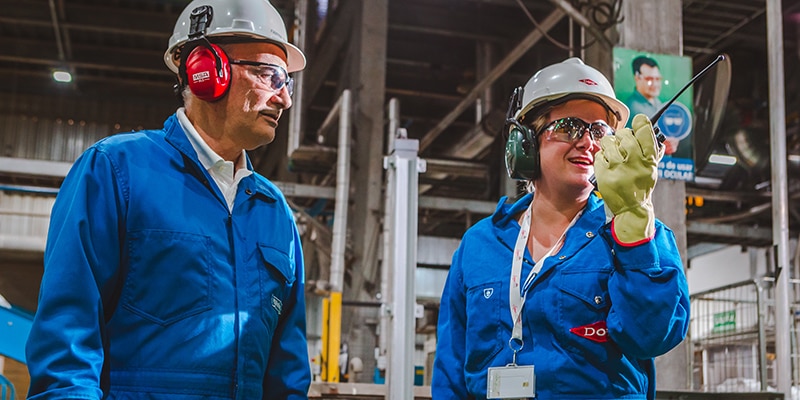
Dow’s blueprint for unlocking carbon reductions
Growth through the pursuit of a low-emissions economy
A low-emissions economy is a growth economy and reducing greenhouse gas (GHG) emissions is good for both business and environment. In the U.S., jobs in the renewable energy sectors are being created twice as fast as in any other industry.
In fact, it is estimated that addressing climate could create a $23tn (£16tn) investment opportunity by 2030 in emerging markets alone[1].
A blueprint for unlocking carbon reductions
Unleashing the value of a low-emissions economy requires unprecedented partnerships and moving beyond business as usual. Dow and the International Olympic Committee (IOC) have come together to use sports as a rallying platform and starting point to drive changes towards de-carbonization across specific value chains. This Partnership, built on the foundation of the UN Sustainable Development Goals (SDGs), Dow’s 2025 Sustainability Goals and the IOC’s Sustainability Strategy, delivers a blueprint framework that redefines and elevates the role of both business and sport in the transition towards a low-emissions society.
In close collaboration with the IOC, Dow is working with multiple parties to evaluate technologies and support implementation of economically viable projects that can deliver significant climate benefits and maximize positive impacts.
Aided by Dow’s science expertise and technology solutions, projects are tailored to country-specific needs and mitigate GHG emissions in areas such as infrastructure, transportation, packaging and manufacturing. The resulting climate benefits are verified by third-party experts and allocated to balance the IOC’s operational carbon footprint. Beyond the partnership, the resulting changes in business decisions along industry value chains will create a positive low-emissions legacy globally.
The Dow Climate Solutions Framework
Dow’s Climate Solutions Framework was used successfully at the 2014 Olympic Winter Games in Sochi and the 2016 Olympic Games in Rio. As the Official Carbon Partner of both Olympic Games, Dow has already delivered third party verified GHG reductions amounting to 3.64 million tonnes of carbon dioxide equivalent (CO2e) as of June 2018.
Beyond balancing the carbon footprint of organizing the Rio 2016 Olympic Games, the program evolved with Rio to have a much broader positive impact in terms of ongoing adoption of energy efficient and low-emissions technologies across major sectors of the Brazilian and Latin American economies.
Today, incorporating existing best practices in GHG accounting and reporting, the Framework takes a rigorous yet flexible approach in the development of GHG mitigation projects and the delivery of high quality third party verified results of projects under this partnership. By 2026, the reductions are projected to exceed 6 million tonnes of CO2e.
Learn More about the Blueprint and Framework
- Dow has developed a methodology that leverages best practices from carbon markets and guides the development of mitigation projects to deliver 3rd party verified GHG reductions. Click here to request the Climate Solutions Framework.
- Through collaboration with customers and value chain partners Dow has already delivered significant third-party verified GHG reductions and is looking to expand the program globally. Download the case study.
- As the Official Carbon Partner of Rio 2016, Dow has implemented the most comprehensive carbon mitigation program in the history of the Olympic Games and a positive legacy.
- As the Official Carbon Partner of Sochi 2014, Dow balanced the direct emission from organizing the Sochi 2014 Winter Olympic Games even before the opening ceremony.
- Dow implemented low-emissions technologies in key areas of the Brazilian economy to mitigate 500,000 tons of CO2 equivalents (CO2eq) from organizing and hosting the Olympic Games Rio 2016 through 3rd party-verified emissions reductions.
- We are combining the power of sport and science to create a sustainable future.
Join the Conversation
Join us on conversations about best practices for unlocking carbon reductions. We will update the Blueprint for Unlocking Carbon Reductions as these conversations take place.





